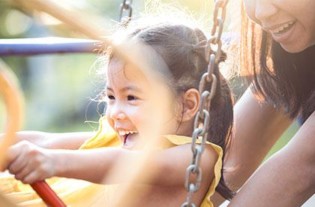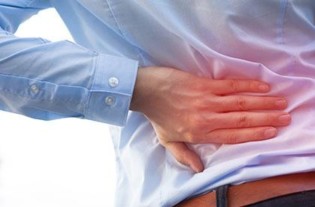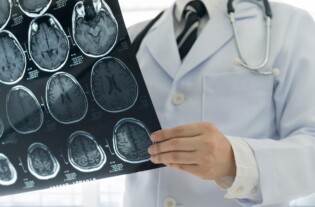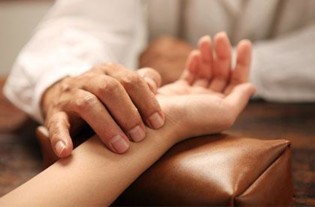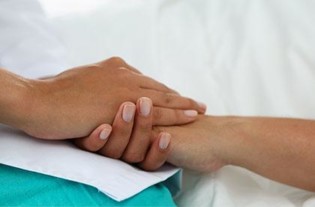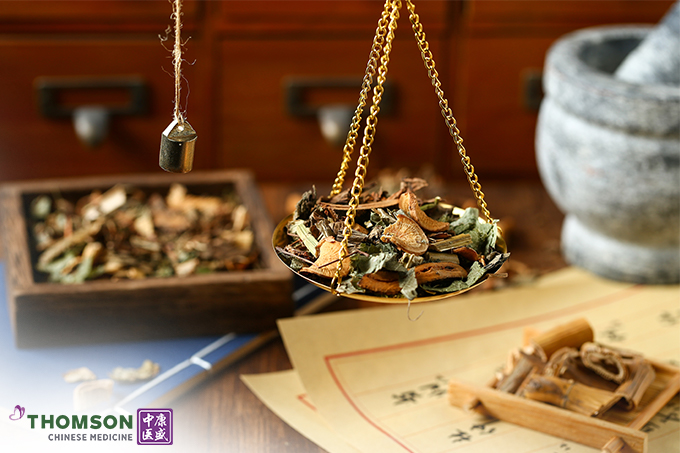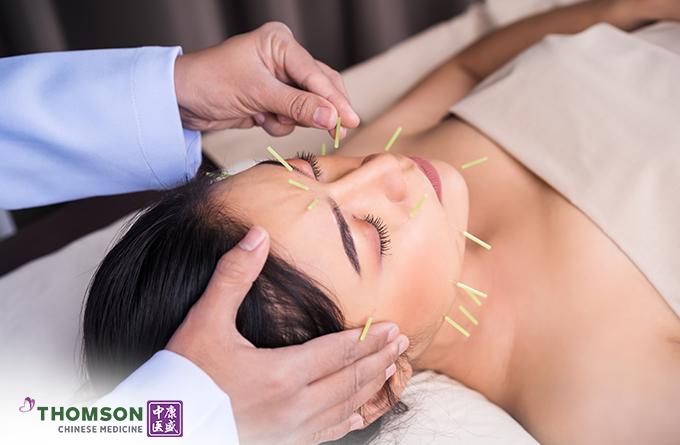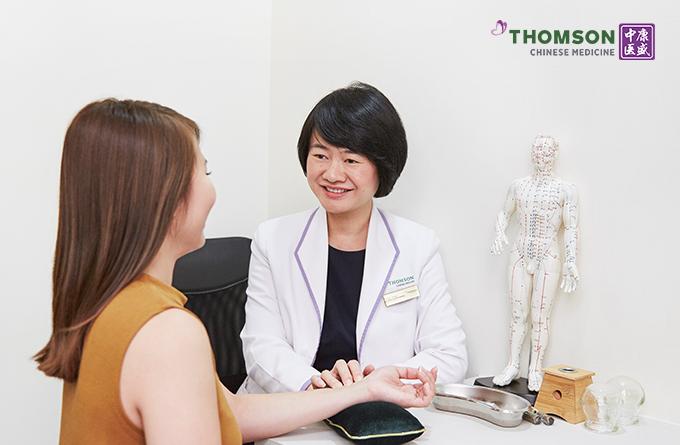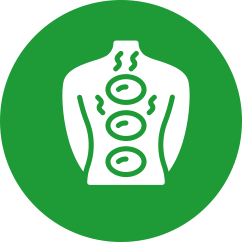- Services
- Fertility Services
- After delivery
- Children
- Pain Management
- Neurological disorders
- Eczema & Aesthetics
- Sub-Health
- House Call
Fertility Services
The journey to parenthood may not always be smooth sailing for couples facing fertility issues. Traditional Chinese Medicine (TCM) can complement IVF and IUI treatments or serve as an alternative approach to improve your chances of conceiving.
After delivery
Confinement can be a particularly stressful period as you have to take care of the baby while your body is recovering from the toils of the delivery process. Find out how TCM can help nourish and restore your body’s balance during this crucial period.
Pain Management
From the TCM perspective, pain arises due to congestion of Qi and Blood or deficiencies in the body. TCM treatments help to ease the blockage of Qi and Blood, triggering your body’s self-healing ability. Say no to painkillers and find out how TCM pain management treatments can benefit you.
Neurological disorders
Neurological disorders encompass a diverse array of conditions that intricately affect the network of cells and nerves in the human brain and spinal cord. By integrating early intervention with Traditional Chinese Medicine (TCM) treatments and Western therapeutic modalities, we can establish a more comprehensive approach that is essential for elevating the quality of life for individuals affected by neurological disorders.
Eczema & Aesthetics
Skin-related issues can be a real nuisance and may affect your confidence in social settings. Skin being the body’s largest and most visible organ, is closely related to the Lung and problems usually arise from various internal imbalances. These imbalances are often due to toxin build up, Lung heat, Stomach heat, heat in the Blood, Blood or Yin deficiency.
Sub-Health
If you always feel weak and unwell, but medical reports indicate that you do not have any serious ailments, you may be in a state known as “Sub-health”. TCM treatments are effective in restoring your health to optimal levels by treating the symptoms and fortifying your body on a holistic level.
House Call
Need TCM treatment but unable to make it to the clinic? Be it for yourself, an elderly or your unwell child, our physicians can now treat you in the comfort and convenience of your preferred location island-wide.
- Physicians
- Articles
- Fees
- About
- Contact
- Book Appointment



